
PROTECT Expert Forum 13-14 November
The Two UN Compacts – Refugees and Migrants: Challenges and Implementation in Europe

Forum title: The Two UN Compacts – Refugees and Migrants: Challenges and Implementation in Europes
When: 13-14 November 2020
Where: Online
Hosts: Queen Mary University of London
Background
In 2019 the UN concluded two years of stocktaking and negotiations by adopting the Marrakesh Compact for Safe, Orderly and Regular Migration (The Marrakesh Compact). The Compact was one of two – the second on refugees –, both adopted in December 2019. While the Refugee Compact was fairly uncontroversial, the Marrakesh Compact brought out concerns about state sovereignty and migration controls in a number of countries – leading to the USA withdrawing from the negotiations and voting against the final version, followed by 6 other states (mainly in Europe). The so called Alt-Right ran social media campaigns in Europe (across borders and languages), in the run-up to the vote castigating regarding the Compact, tried to bring about pressure on state authorities (largely unsuccessfully) to abandon the Compact.
The legal nature of the Compact has been much vexed – while it is not a legal instrument, it is a political commitment based on legal considerations. It was placed in the framework of the Sustainable Development Goals, the least legal of UN frameworks. Yet, it is based on the principle of non-regression and upholding human rights generally and specifically for migrants. In this panel, we will examine the Marrakesh Compact from the perspective of its added value to existing international norms which also cover migrants, in particular migrant workers. Our hypothesis is that there is added value from the Marrakesh Compact in providing a reinforced commitment to existing labour and human rights standards and bringing migration firmly into the scope of other UN instruments.
Program
Day 1: Expert Panel: Borders and refugees – Contemporary Challenges
13 November, 17.15-19.00 (CET -1)
Online
Program:
This Expert Forum will explore contemporary issues faced in the Mediterranean region in light of the commitments of EU states to the two UN Compacts. The debate will include access to the EU territory to seek asylum in particular in light of judicial decisions from the European Court of Human Rights and the Court of Justice of the European Union, the enhanced role of Frontex in border management and the need to protect access to the territory to seek asylum. European states non-refoulement obligations and border responses to Covid-19 will be included. The experts will address the issues in light of the two UN Compacts and their relationship with the 1951 Refugee Convention including the continuing role of UNHCR.
17.15 – 17.30: Opening Professor Hakan G. Sicakkan, Principal Investigator of PROTECT, University of Bergen

Hakan G. Sicakkan. Photo: Eivind Senneset.
Professor Sicakkan operates at the intersection of normative political theory, comparative politics, political sociology, and international politics.
His areas of specialization include human rights, asylum policies, migration policies, models of citizenship and citizenship policies, European Union politics, European integration, and the European public sphere.
Sicakkan is an expert on the EU’s and Member States’ laws, institutions, and policies regarding the rights of refugees and asylum seekers.
He has contributed to the international literature on the rights of refugees and asylum seekers with a specific focus on, among other things, the role of the European Union in the protection of refugees and asylum seekers and how asylum laws and institutions should be organized to achieve a just political asylum system.
17.30 – 19.00 Expert Panel: Borders and Refugees – Contemporary Challenges
Chair: Professor Elspeth Guild, Queen Mary University of London

Elspeth Guild. Photo: Kingsley Napley
Elspeth Guild is Jean Monnet Professor ad personam at Queen Mary University of London as well as at the Radboud University Nijmegen, Netherlands. She is also a partner at the London law firm, Kingsley Napley. She is also a visiting Professor at the College of Europe, Bruges.
Her interests and expertise lies primarily in the area of EU law, in particular EU Justice and Home Affairs (including immigration, asylum, border controls, criminal law and police and judicial cooperation in criminal matters). She also researches EU privacy and data protection law and the nexus with human rights.
She is also co-editor of the European Journal of Migration and Law. She is co-editor of the book series Immigration and Asylum Law and Policy in Europe published by Martinus Nijhoff.
Expert Panelists:

Dr Madeline Garlick, Chief of Section, Protection Policy and Legal Advice UNHCR:
UNHCR is the most important institutional actor in the development of the Global Compact for Refugees and is now supervising the implementation stage. Between the conclusion of the (non-legally binding) Compact and achieving the objectives for refugees, the move from policy to law is particularly important. Dr Garlick is particularly well placed to comment on this aspect from her position which covers both policy and law.
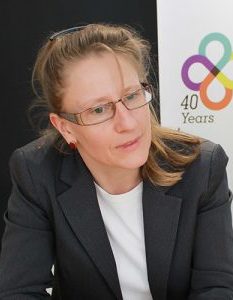
Catherine Wollard: Director of the European Council of Refugee and Exiles (ECRE)
Ms Wollard has engaged with both Compacts on behalf of her organisation – seeking to ensure the best outcomes for refugees and migrants in Europe. As the umbrella organisation of refugee protection organisations across the region she is particularly well placed to discuss the challenges which civil society actors face in ensuring the implementation of a protection privileging reading of the two Compacts.
Photo: ECRE

Alexander Sorel: Senior Advisor to the Executive Director European Asylum Support Office,
Since February 2017 Alexander Sorel joint the European Asylum Support Office (EASO) in Malta. He is the senior advisor to the Executive Director dealing with policy and political matters as well as all external stakeholders (Commission, Council, Parliament, Agencies, International Organisations).
Day 2: ‘Opportunity or Threat: receiving refugees and migrants in Europe and the effects of the Global Compacts on Refugees and Migrants’
14 November, 09.00-12.30 (CET -1)
Online
Program:
9.00 – 9.15 Opening Remarks: Professor Sandra Lavenex, University of Geneva.
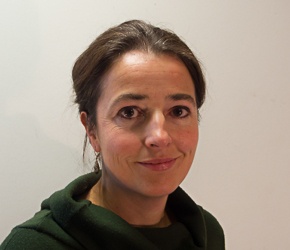
Sandra Lavenex is Professor of European and International Politics at the University of Geneva and Visiting Professor at the College of Europe. Her research focuses on European and international migration governance at the nexus with human rights, trade, security and development cooperation, the (democratic) design of international institutions, and differentiated regional integration.
9.15 – 10.30 Panel 1: Examining Refugee and Migrant Protection from the Perspective of Social and Economic Rights
Chair: Professor Sandra Lavenex, University of Geneva
Discussant: Professor Jean-Pierre Cassarino, College of Europe
Expert Panelists:

1: Professor Jens Vedsted-Hansen, University of Aarhus: Law and the Marrakesh Compact: this presentation will examine the place of the Compact in the European regional setting as a way to achieve equality of rights for migrants and refugees.
Photo: University of Aarhus

2: Dr Ryzsard Cholewinski, ILO Beirut: The Global Compact for Safe, Orderly and Regular Migration: What Now with Standards? This presentation will engage with the centrality of equality in work for migrants and refugees in all regional contexts.

3: Dr Bjarney Fridriksdottir, University of Duesto Spain: Challenges to the Human Rights Principle of Non- Discrimination in Implementation of the Global Compact for Safe, Orderly and Regular Migration? Building on the previous presentation, here the question of equality of migrants and refugees in Europe will be the focus.
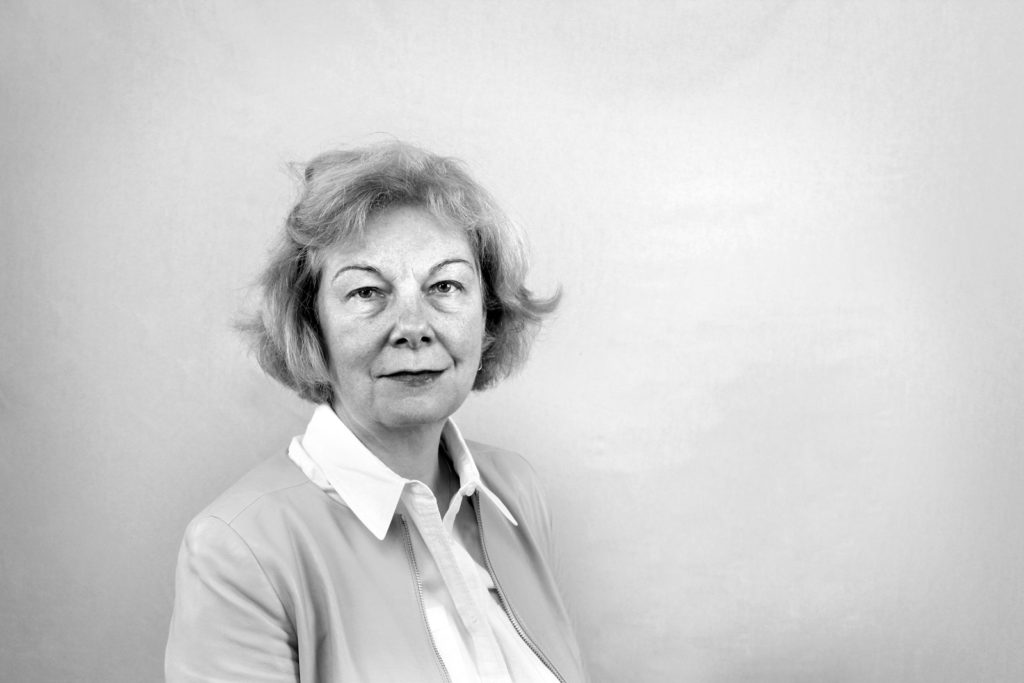
4: Professor Elspeth Guild, Queen Mary University of London: The Marrakesh Compact: Between Policy and Law: in this presentation the complex question of the intersection of policy and law will be examined. While the Compact is not legally binding, the question which will be addressed here is how can it assist law making at the national level as an expression of policy making at the international level.
Photo: Kingsley Napley
10.30 – 11.00 Break
11.00 – 12.15 Panel 2: Procedures and Equality – Preserving non-discrimination: a view from the Institutions
This panel will look to the fundamental obligations not to discriminate against refugees and migrants through the preservation of equal treatment. It will consider the application of human rights and non-discrimination of refugees and migrants in specific contexts including: employment, asylum applications, non-refoulement obligations and detention. In so doing, it will examine the obligations within the GCM and how they correlate to existing the human rights of migrants and refugees.
Chair: Jurgen Bast, Professor of Public Law and European Law at Justus Liebig Universität Giessen, Germany.
Expert panelists:

1: Carolina Hernandez, OHCHR, is a Human Rights Officer on Migration and Human Rights for the United Nations Office of the High Commissioner for Human Rights. In this capacity she has been engaged in the framing of the Marrakesh Compact and follows its implementation.
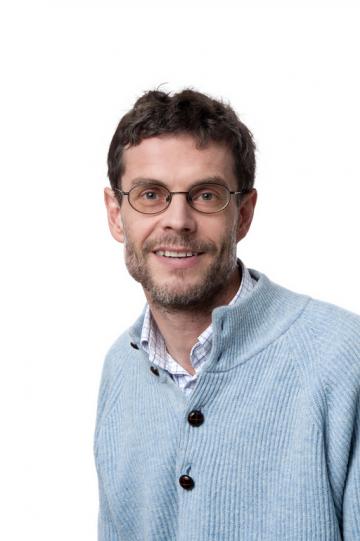
2: Adriano Silvestri, Fundamental Rights Agency. His area of expertise includes international human rights and refugee law as well as EU instruments relating to asylum borders and immigration. From the perspective of the EU’s Fundamental Rights Agency, he is well placed to examine the issue of equality as regards refugees and migrants.
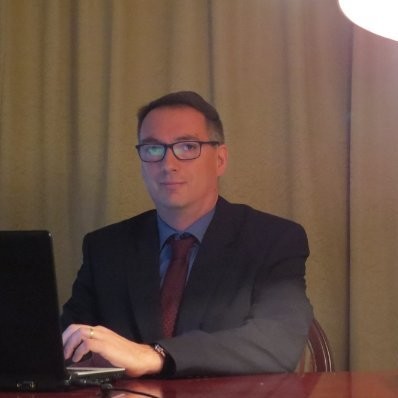
3: Mats Lindberg (ECRI): the European Commission against Racism and Intolerance has a long history of engaging Council of Europe states to improve their records in countering racism and intolerance. This includes in respect of migrants. On this panel he will outline the importance of standard setting in this field.
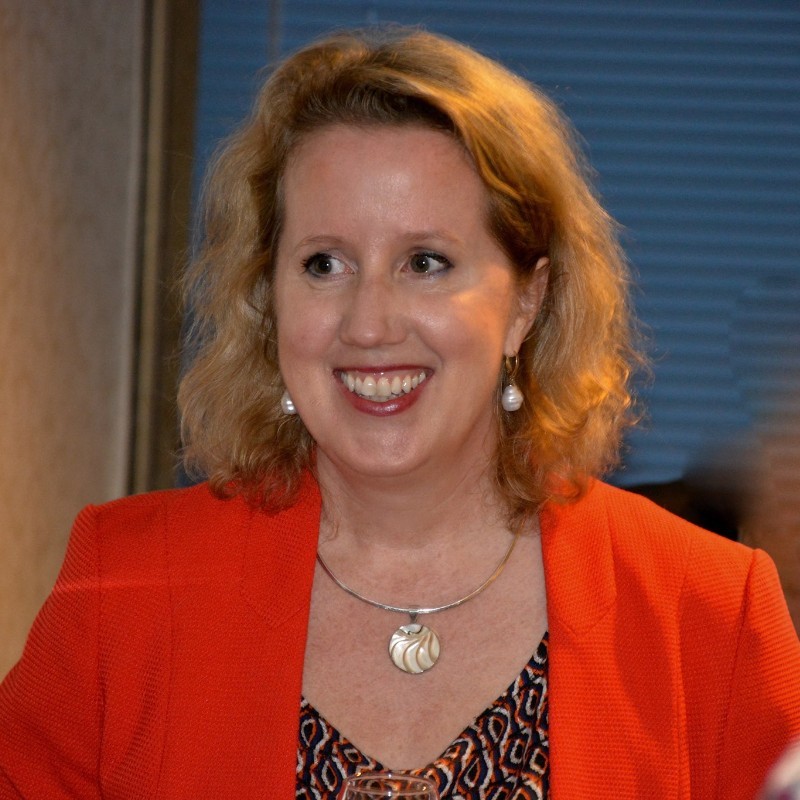
4: Sarah Keating, Head of Division of Co-operation and Capacity Building within the Council of Europe’s Education Department.On this panel, she will highlight one of the CoE’s flagship projects, the European Qualifications Passport for Refugees as a concrete measure to assess refugee qualifications – even for those who cannot fully document their qualifications – and its link with the Global Compact.
12.15 – 12.30 Closing comments by Professor Elspeth Guild
